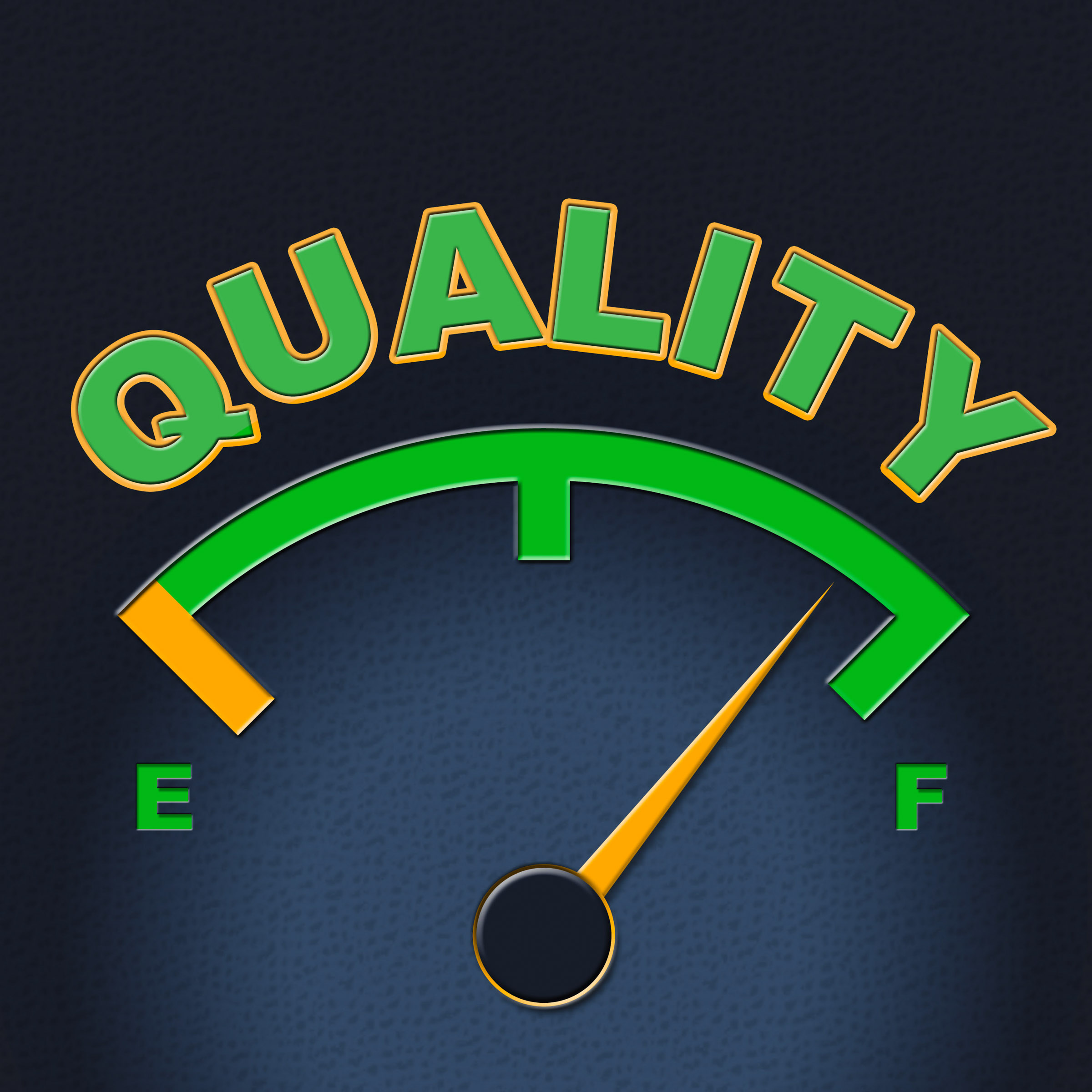How Would You Define Quality?

Whilst there is general agreement about the importance of quality there is a surprising diversity of opinion about exactly what it is.
By ROBERT BEVERTON
Quality has been important to man since trading began; and
is now a fundamental requirement for successful businesses. Quality is no longer a differentiation against competitors; but a necessity to stay in the race [1]. However, despite these developments in the significance of quality to competitive success there is still no commonly agreed definition of what it really means.
In their article ‘What is Quality?’ R.W. and Brooke Hoyer explore what some of the key contributors to quality management in the 20th century have defined as quality [2]. They see these definitions falling into two tiers or approaches that could be described in brief as quality being provided – 1) by meeting specifications; 2) by satisfying the customer [2 p.54].
Whilst there is obvious truth in their statements there is evidence that they don’t go far enough. For example David Garvin and others compiled a group of quality dimensions that spanned the areas of specification and customer satisfaction both for products and services, [1 pp.27-30]. Also the work of quality gurus demonstrates the complexity inherent with defining quality. Armand Feigenbaum recognized that, even then, customer quality expectations can and do change with time and innovation thus affecting a customer’s assessment of quality, [2 p.56]. Noriaki Kano also represents this in his famous quality/design model, based on his theory of product development and customer satisfaction [1 p.183].
Foster adds some further dimensions to quality when he describes a number of perspectives that may give rise to different definitions of quality for people in an organization, [1 pp. 31-41]. This is supported by Joseph Juran’s view that each person along the chain is both an internal or external customer, and a supplier. This organizational perspective, embodied in Total Quality Management, was highlighted by Kaoru Ishikawa when he used the term Company Wide Quality Management (CWQM) to describe an organization wide attention to quality [3].
The ethical or societal perspective was introduced by Taguchi when he hinted on a wider impact of quality in his Societal loss function, where the impact of quality on society was considered across the lifetime of a product or service, [2 p61]. In more recent times organizations now consider quality to encompass more stakeholders than just their direct customers.
Perhaps the key lesson from the foregoing is that, against a background of globalization, cloud computing, increased access to suppliers, knowledge, rapid innovation, and shrinking product lifecycles, demands on, and the scope of quality will continue to increase [4].
Is there value in establishing a universal definition of quality as described by some [5]? The evidence we have reviewed suggests that it cannot be adequately described in simple terms. Also quality perceptions, definitions and scope will continue to develop, along with society. Rather than attempting to arrive at some universal definition of quality, understanding and harnessing this evolution should be the real goal for organizations seeking excellence.
References List:
[1] Foster, S.T. (2013) Managing Quality Integrating the Supply Chain 5th Ed. Harlow: Pearson Education Ltd.
[2] Hoyer, R. W.; Hoyer, Brooke B. Y. (2001) What is Quality? Quality Progress. Vol. 34 (7), pp. 52-62.
[3] Kondo, Y. (1994) Kaoru Ishikawa: What He Thought and Achieved, A Basis for Further Research. Quality Management Journal. Vol. 1(4), pp.86-91.
[4] Gupta, P. (2015) Trends in management: due to today’s shrinking product life cycles, quality management must focus on quality in research, product development and innovation. Quality. Vol. 54(8), pp.36-39.
[5]Kennedy, B. (2014) Finding Harmony. Quality Progress. November 2014, pp.16-20.